The paperback is very interesting but I find it will never replace the hardcover book - it makes a very poor doorstop
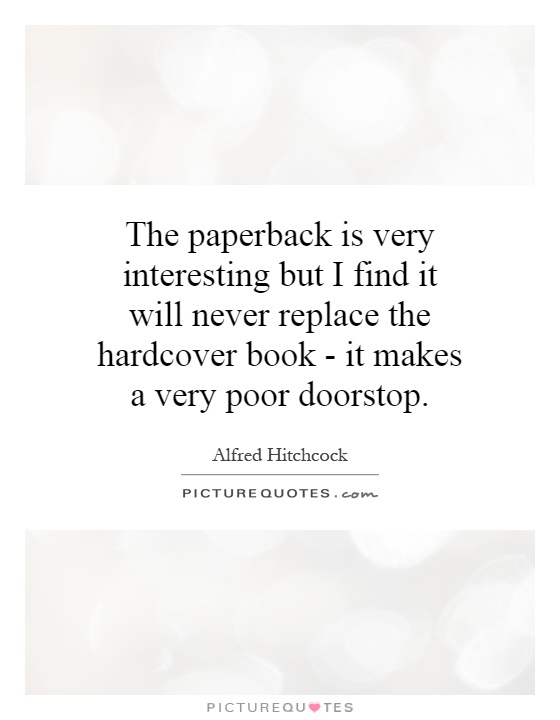
The paperback is very interesting but I find it will never replace the hardcover book - it makes a very poor doorstop
Alfred Hitchcock, the master of suspense and intrigue, was known for his love of books and literature. He was an avid reader and collector of books, particularly hardcover editions. Hitchcock believed that the hardcover book was a symbol of quality and permanence, a tangible object that held value and significance.In the world of literature, the debate between paperback and hardcover books has been ongoing for decades. While paperbacks are convenient and affordable, many book lovers argue that they lack the durability and aesthetic appeal of hardcovers. Hitchcock, with his keen eye for detail and appreciation for craftsmanship, would likely agree with this sentiment.
The quote, “The paperback is very interesting but I find it will never replace the hardcover book - it makes a very poor doorstop,” reflects Hitchcock’s belief in the superiority of hardcover books. To him, a hardcover book was not just a vessel for words, but a work of art in itself. The weight and texture of a hardcover book, the feel of the pages beneath one’s fingers, the sound of the spine cracking open – these were all sensory experiences that added to the pleasure of reading.
As a filmmaker, Hitchcock understood the power of visual and tactile elements in storytelling. He knew that the physicality of a book could enhance the reading experience, just as the lighting and camera angles in a film could heighten the suspense. For Hitchcock, a hardcover book was not just a means of conveying information, but a tool for creating atmosphere and setting the mood.
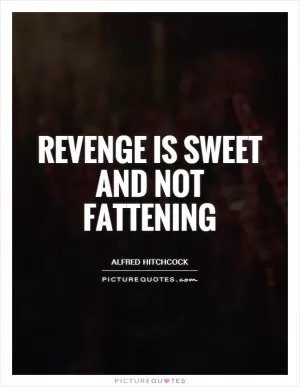
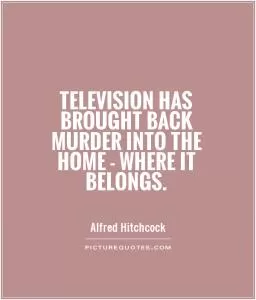
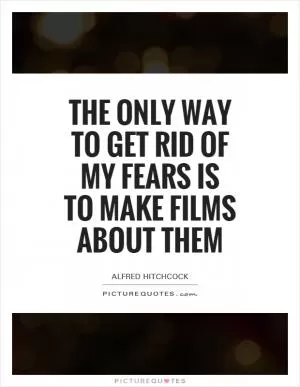
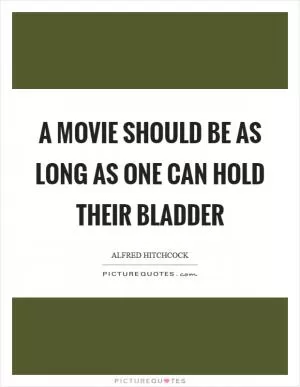
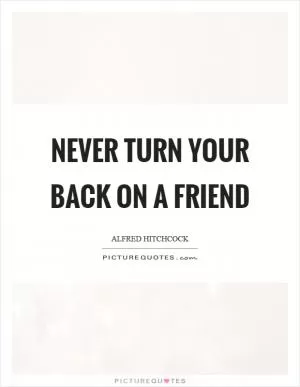
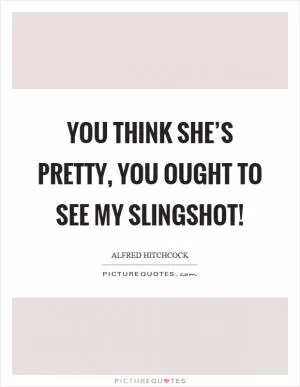
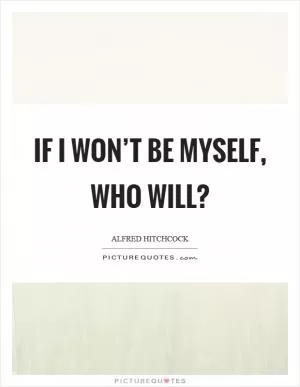
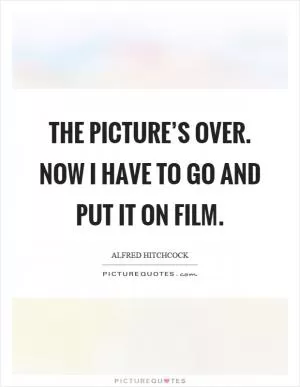
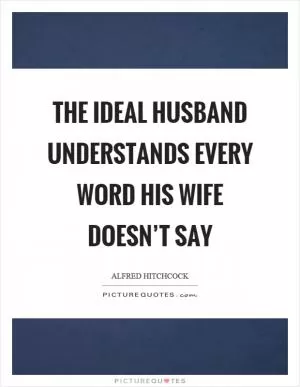
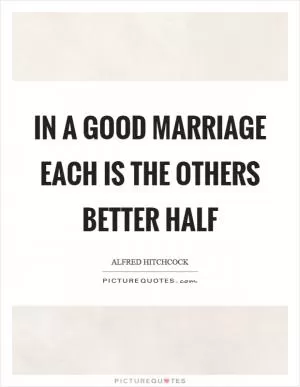
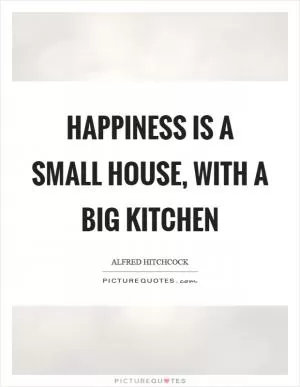
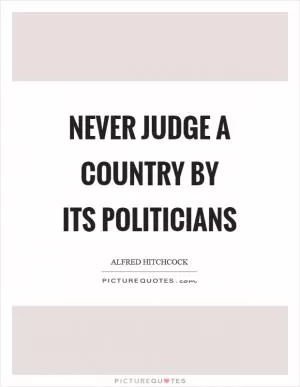
 Friendship Quotes
Friendship Quotes Love Quotes
Love Quotes Life Quotes
Life Quotes Funny Quotes
Funny Quotes Motivational Quotes
Motivational Quotes Inspirational Quotes
Inspirational Quotes